China’s economy has fallen into deflation as consumer prices contracted for the first time in over two years, according to the National Bureau of Statistics on Wednesday. Consumer price index (CPI) fell 0.3 per cent year on year in July as opposed to zero change recorded in the previous month.
Similarly, the producer price index (PPI) which measures prices of goods as they leave the factory premises fell sharply by as much as 4.4 per cent in July as policy makers struggle to revive consumption. Contraction of the PPI in July is the 10th consecutive decline the world’s second largest economy would be seeing, a sign that demand is weakening. However, the 0.3 per cent fall of the CPI in July is the first decline since February 2021.
Join our WhatsApp ChannelBloomberg’s survey of Economists had expected a 0.4 per cent decline.
READ ALSO: IMF Blames China, US, Others For Dwindling Foreign Investments In Nigeria
Deflation in China’s economy is an indication of economic trouble and major setback for the country’s hope of achieve strong economic recovery post COVID-19 pandemic.
What does Deflation Really Mean?
Deflation as opposed to inflation, is a general decrease in prices of goods and services, which actually means that consumers have more purchasing power and can buy more with their spendable incomes. The flip side is that businesses may have to sell their products for less.
What are the causes of Deflation?
Three major factors can cause deflation in an economic environment: Fall in aggregate demand, Increase in aggregate supply, reduction in the money supply (amount of money in circulation).
While a decrease in aggregate demand could mean drastic reduction in the total amount of goods and services that Chinese consumers and businesses are willing to buy, it usually happens during recession, when people are not confident about the economy and are less likely to spend their money within a given period.
Deflation could also occur when the total amount of goods and services that businesses are willing to sell (aggregate supply) is on the increase. This usually happens when businesses become more efficient and can produce more goods and services at lower costs.
Another reason for deflation is when the central bank chooses to reduce the money supply – the amount of money in circulation. This happens when central banks raise interest rates or sell government bonds to mop up liquidity in the system.
Effects/Implications of Deflation
Deflation in any given economy has a wide range of negative implications and economic impacts. It obviously leads to a decrease in economic growth. Profits usually take a dive leading to low investments and less desire to hire new workers.
It also leads to unemployment, as businesses may begin to lay off workers as cost-cutting measure.Another impact of deflation on an economy is drastic decrease in asset prices, including stocks and real estate. People become less willing to pay high prices for assets that are likely going to lose future value.
There is also the concern, during deflation, of the decrease in consumer spending because people would naturally delay spending in the hope of future lower prices.
Why China is seeing Deflation Now
China is experiencing economic deflation at this time because of:
Ongoing real estate turmoil: China’s real estate market, which has been responsible for its economic growth for many years, is experiencing an upheaval at this time.
Weak global economy: Dependent on the global market, especially Africa, consumption of Chinese products is experiencing decline in line with the struggling global economy. China’s exports are hit hard by dwindling demand from overseas markets, including Africa. The current deflation is expected to continue in coming months despite some measures taken by the Chinese government.
It is expected that the deflationary trend will affect China’s economic growth in Q2 of 2023.
What Chinese Government is saying
China is downplaying concerns about its economic deflation. Last month, the Deputy Governor of the People’s Bank of China (PBOC), Liu Guoqiang, said there would be no deflationary risks in China in the second half of 2023. This is despite the recent decline in consumer and producer prices.
According to Guoqiang, the economy needs time to return to normal after the COVIOD-19 pandemic.
This is just as the Chinese government set a 3% consumer inflation target this year, up from 2% recorded in 2022. Consumers and manufacturers have remained cautious as the housing market remains weak amid high youth unemployment.





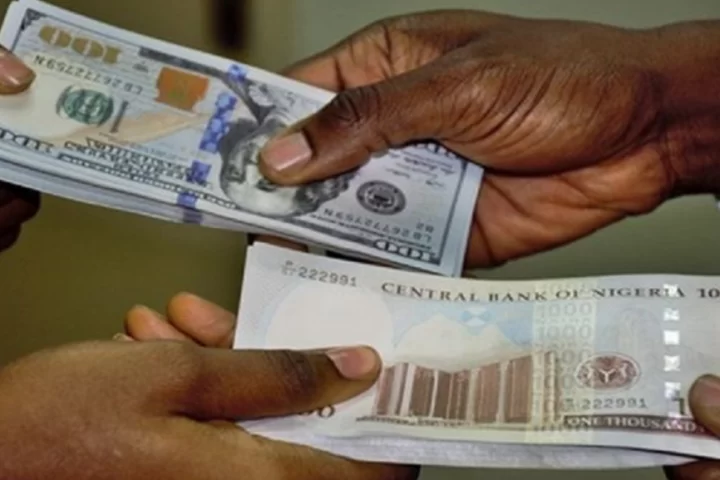

![Abandoned Promise: How UNIZIK's Neglect Of Ifite-Ogwari Campus Threatens Nigeria's Food Security [Video]](https://www.primebusiness.africa/wp-content/uploads/2025/03/UNIZIK-Ifite-Ogawari-Campus-Faculty-of-Agriculture-480x384.jpg)
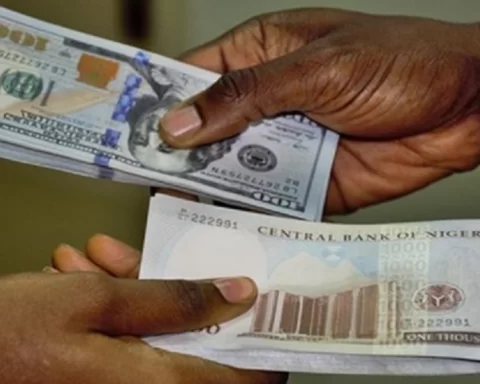
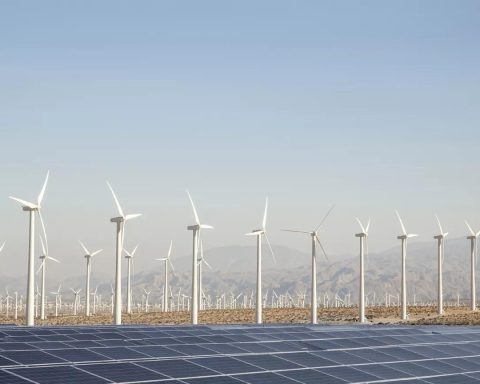
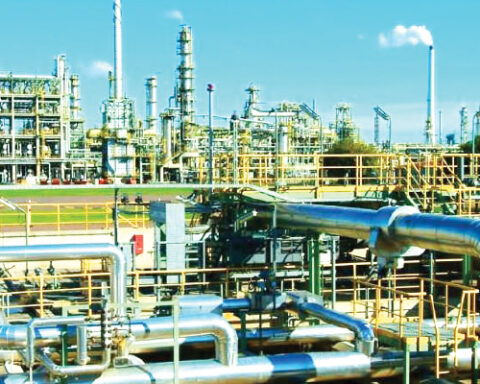

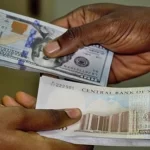


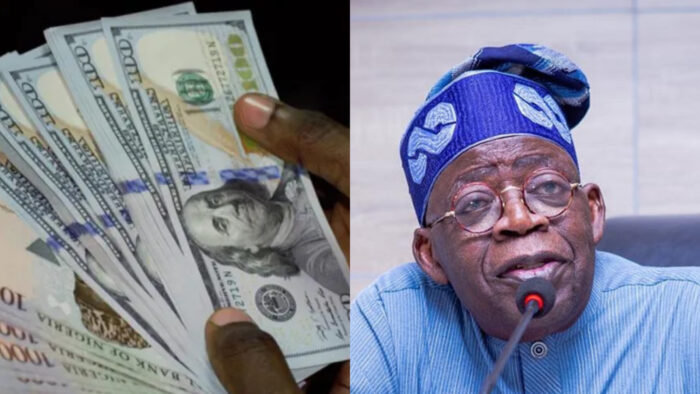

Follow Us